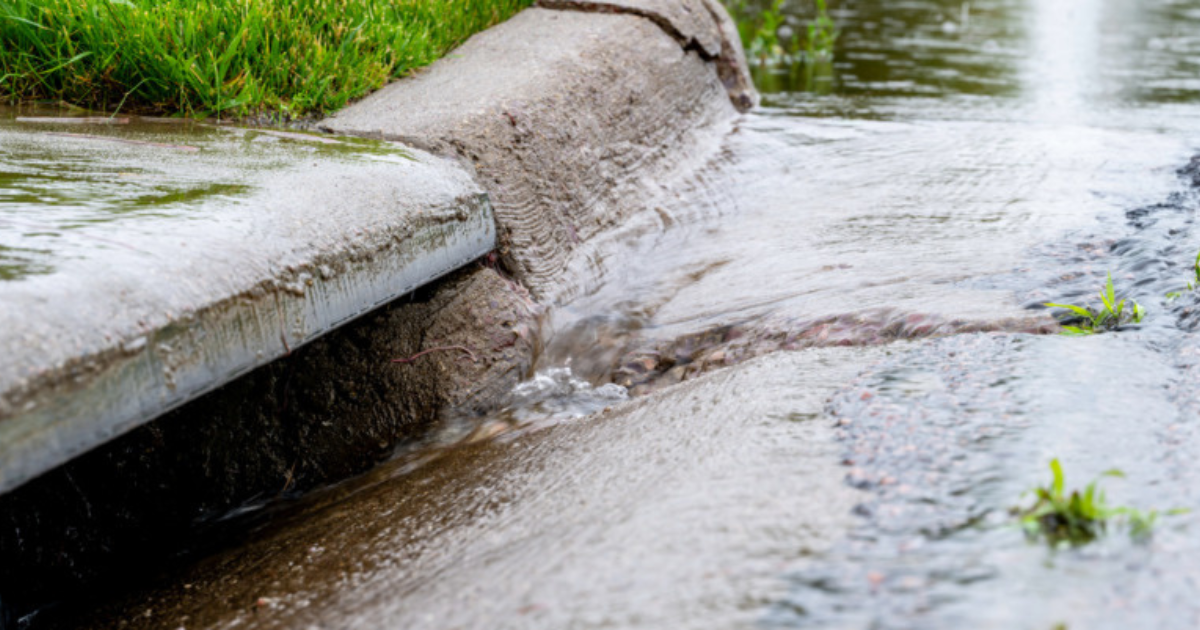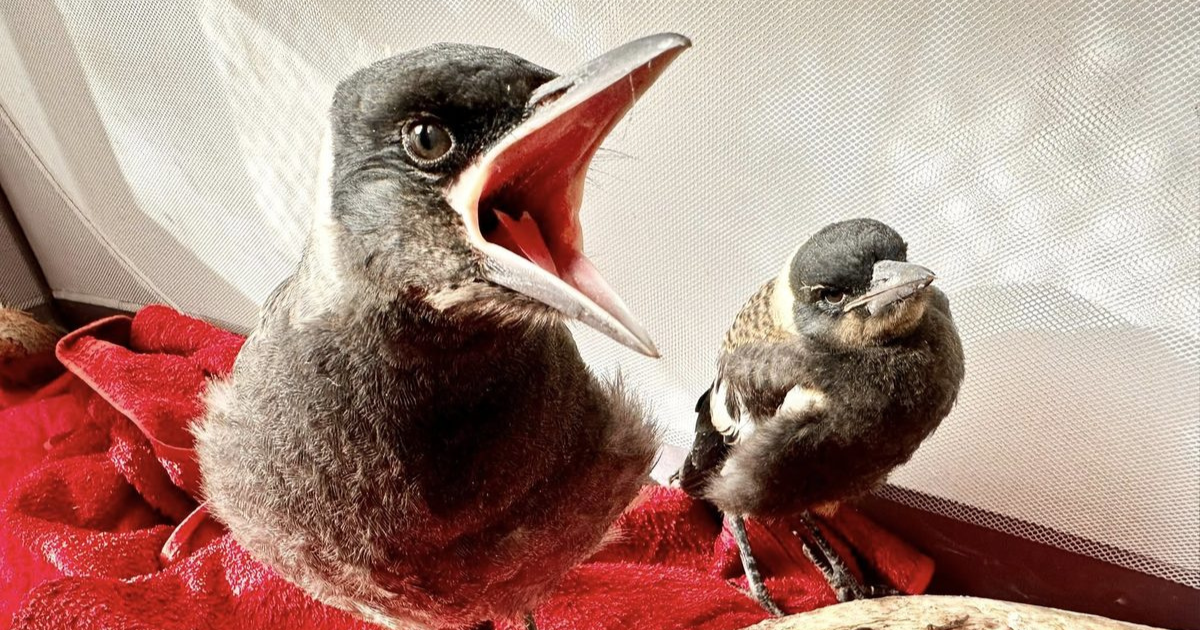Karaaf reports delayed

The Greater Torquay Alliance's Darren Noyes-Brown (left) and The Sands Owners Corporation's Andy McCauley have long campaigned for action on wetland's health. Photo: MATT WORLAND
THE anticipated August release of two reports into the health of the Karaaf Wetlands and functionality of the Torquay north stormwater system has been delayed and is now more likely in October.
Commissioned by the Surf Coast Shire Council, the concurrent assessments are independent of one another, and are in response to years of increasing concerns about the impact that freshwater runoff from new housing developments is having on the naturally saline Ramsar nominated wetlands.
One study is evaluating their environmental condition and will include an audit of invasive and native species, areas experiencing dieback and other issues relevant to stormwater flows such as freshwater intrusion, inundation, infrastructure and land use.
The second focuses on the suitability of the stormwater system and constructed wetlands at nearby housing estates that flow into the Karaaf catchment and will identify short and long-term interventions to improve their functionality.
In October last year an independent study commissioned by the Sands Owners Corporation, the last housing development in the chain of estates that flow into the wetlands, delivered a concerning assessment of ecology and stormwater in the catchment.

Among the lengthy reports many observations, its authors pointed to a 25 per cent underestimation in the volume of stormwater that needed to be managed in the development areas, and that “maintenance deficiencies” of “undersized” constructed wetlands were likely causing them to block up with sediment.
Impacts of the vastly increased volumes of stormwater into the Karaaf Wetlands, the report stated, is leading to higher and longer periods of freshwater inundation for the historically saltwater system, changing its natural wetting and drying regime, leading to vegetation dieback and the encroachment of freshwater vegetation and weeds.
The Surf Coast Shire’s acting CEO Chris Pike said the latest reports – that council has promised to publicly release – are taking longer to finish than originally hoped but is “pleased with progress being made”.
Their findings are expected to help guide a $1.9 million federal government funding pledge to restore the health of the wetlands, that experts believe are likely to be recognised internationally as ecologically significant and to be afforded increased protection.

















